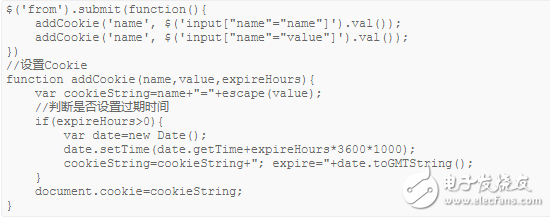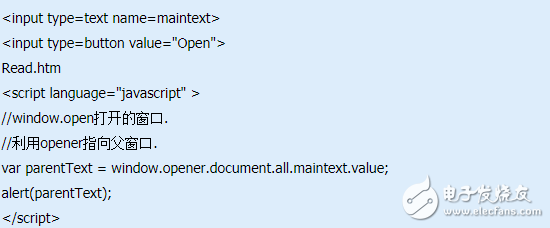JavaScript method for passing HTML static pages
This article introduces four effective methods for passing values between static HTML pages using JavaScript. This is the simplest method, but it has limitations. The data passed through the URL is visible and can be easily manipulated. However, due to browser restrictions on URL length, this method is not suitable for large amounts of data. To use this method, set the form's action attribute to "GET". This will automatically append form fields to the URL. On the receiving page (e.g., single.html), you can extract the parameters by parsing the URL string. Advantages: Easy to implement and supports cross-domain transfers.
Disadvantages: Limited by URL length, not secure for sensitive data. Cookies are small pieces of data stored in the browser, associated with a specific domain. They can be used to pass values between pages within the same origin. However, cookies have size limits and are not ideal for large data transfers. On the target page (single.html), you can retrieve the cookie value using a custom function. This allows for persistent storage of small amounts of data across sessions. Advantages: Persistent data storage, easy to access within the same domain.
Disadvantages: Limited storage size, not secure for sensitive information. This method involves opening a new window from an existing one. The child window can access the parent window using the window.opener property, allowing for direct communication between the two windows. For example, if parent.htm opens son.htm, the child window can access variables and functions from the parent page. Advantages: No limit on data size, allows full access to the parent window’s objects and methods.
Disadvantages: Requires a direct relationship between windows, cannot be used across domains. HTML5 introduced local storage, which allows for larger and more secure data storage in the browser. Unlike cookies, local storage does not send data with every HTTP request, making it more efficient for storing user data. Before using local storage, you should check if the browser supports it: To store a value: To retrieve the value: Advantages: Large storage capacity, no expiration, works offline.
Disadvantages: Not suitable for cross-domain communication, requires JavaScript support. Twin Conductor Terminal Blocks
The JUK universal Screw Terminal Block series has the typical features which are decisive for practical applications:
l The universal foot allows the terminal blocks to be easily snapped onto the NS35 or NS32 DIN Rail with G shape.
l Closed screw guide holes ensure screwdriver operation perfect.
l For terminal block with different wire cross-sectional areas, complete accessories are available, such as end plates, partition plates, etc.
l Potential distribution achieved by fixed bridges in the terminal center or insertion bridges in the clamping space.
l Same shape and pitch Grounding Terminal Blocks as the JUK universal series.
l Adopt ZB marker strip system,achieve unified identification.
Twin Connect Terminal Block,Screw Clamp Terminal Block,Screw Type Terminal,Usb Screw Terminal Wonke Electric CO.,Ltd. , https://www.wkdq-electric.com





